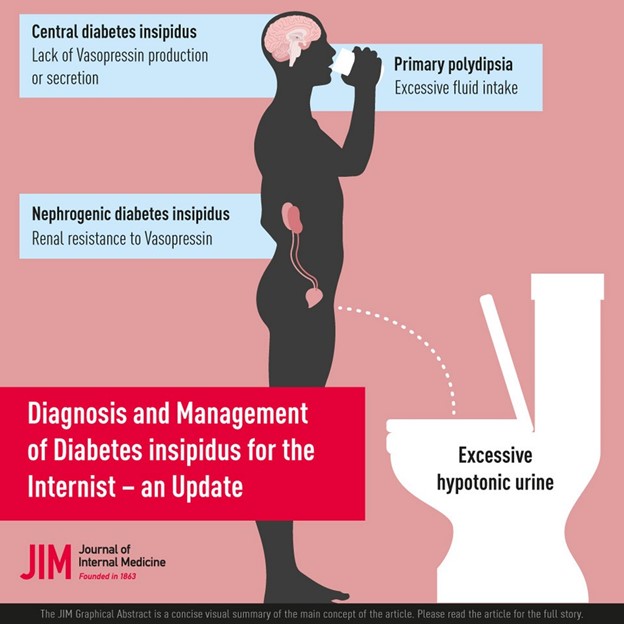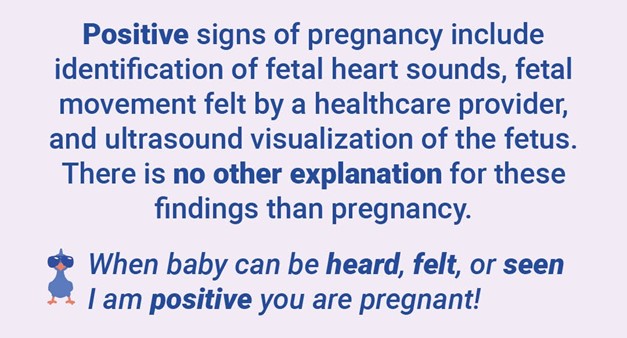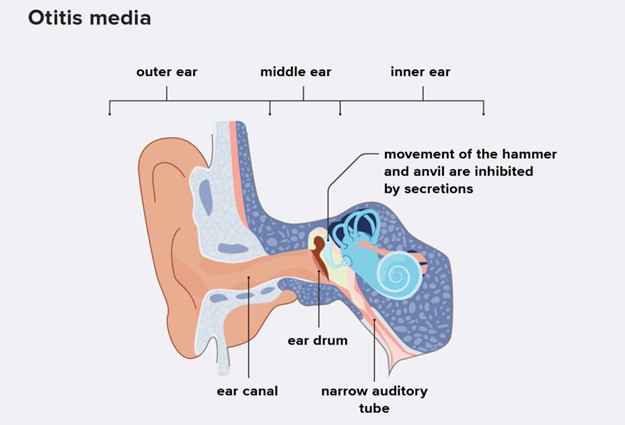The nurse is caring for a child with suspected diabetes insipidus. Which clinical manifestation would be observable?
Oliguria
Glycosuria
Nausea and vomiting
Polydipsia
The Correct Answer is D

Diabetes insipidus is a disorder of the posterior pituitary gland that causes a deficiency of antidiuretic hormone (ADH). This leads to excessive urination (polyuria) and excessive thirst (polydipsia) as the body tries to balance the fluid loss. These symptoms may be so severe that the child does little other than drink and urinate.
Choice A is wrong because oliguria means decreased urine production and is not associated with diabetes insipidus.
Choice B is wrong because glycosuria means glucose in the urine and is associated with diabetes mellitus, not diabetes insipidus.
Choice C is wrong because nausea and vomiting are associated with inappropriate ADH secretion (SIADH), which causes fluid retention and hyponatremia, not diabetes insipidus.
Nursing Test Bank
Naxlex Comprehensive Predictor Exams
Related Questions
Correct Answer is ["A","B","C","D"]
Explanation

These are all positive signs of pregnancy, which are definitive and can only be explained by the presence of a fetus.A positive sign of pregnancy is fetal movement palpated by the nurse-midwife.
Choice E is wrong because a positive hCG test is a probable sign of pregnancy, not a positive one.A probable sign of pregnancy is strongly suggestive of pregnancy but could have other causes.A positive hCG test could be caused by medications, tumors, or other conditions that affect the level of hCG in the blood or urine.
Some other probable signs of pregnancy are uterine enlargement, Hegar’s sign (softening of the lower uterine segment), Goodell’s sign (softening of the cervix), Chadwick’s sign (bluish discoloration of the cervix), ballottement (rebound of the fetus when tapped by the examiner’s finger), Braxton Hicks contractions (painless, irregular uterine contractions), and positive pregnancy test.
Some other positive signs of pregnancy are identification of fetal heartbeat, visualization of the fetus by ultrasound or x-ray, and verification of fetal movement by an experienced clinician.
Correct Answer is D
Explanation
Chronic otitis media with effusion (OME) is a condition where fluid accumulates in the middle ear without signs of infection.

This can cause hearing loss, speech delay, and balance problems. The child may complain of a feeling of fullness or pressure in the ear.
Choice A is wrong because a fever as high as 40° C (104° F) is a sign of acute otitis media, which is an infection of the middle ear with inflammation and pus formation.
Choice B is wrong because severe pain in the ear is also a sign of acute otitis media, not chronic otitis media with effusion.
Choice C is wrong because nausea and vomiting are not typical symptoms of chronic otitis media with effusion. They may be associated with other conditions such as gastroenteritis or vestibular disorders.
Whether you are a student looking to ace your exams or a practicing nurse seeking to enhance your expertise , our nursing education contents will empower you with the confidence and competence to make a difference in the lives of patients and become a respected leader in the healthcare field.
Visit Naxlex, invest in your future and unlock endless possibilities with our unparalleled nursing education contents today
Report Wrong Answer on the Current Question
Do you disagree with the answer? If yes, what is your expected answer? Explain.
Kindly be descriptive with the issue you are facing.
